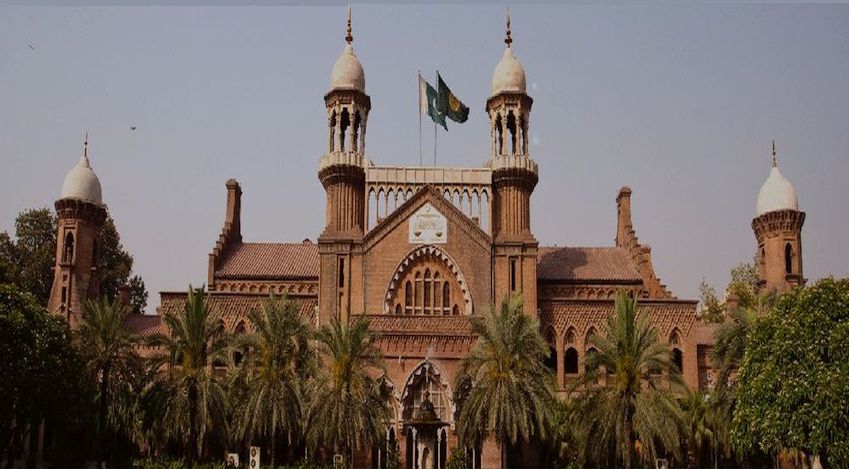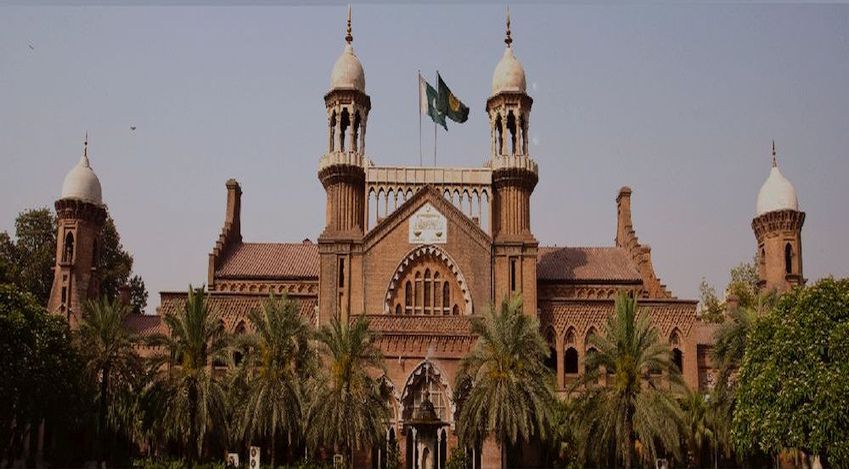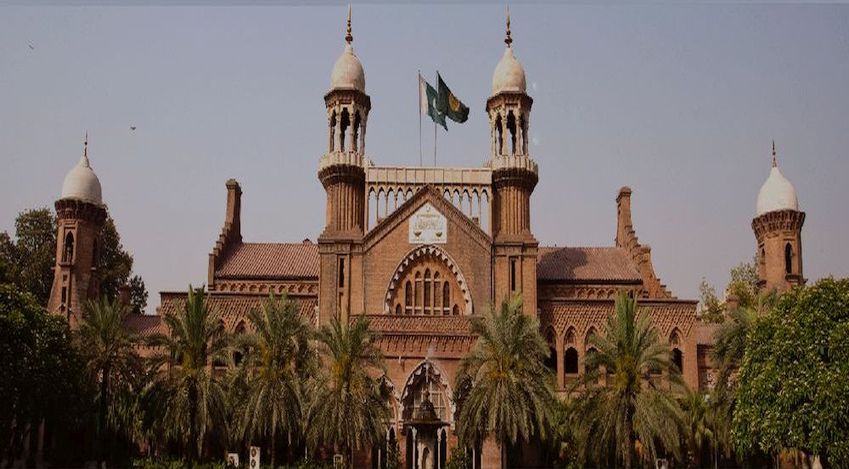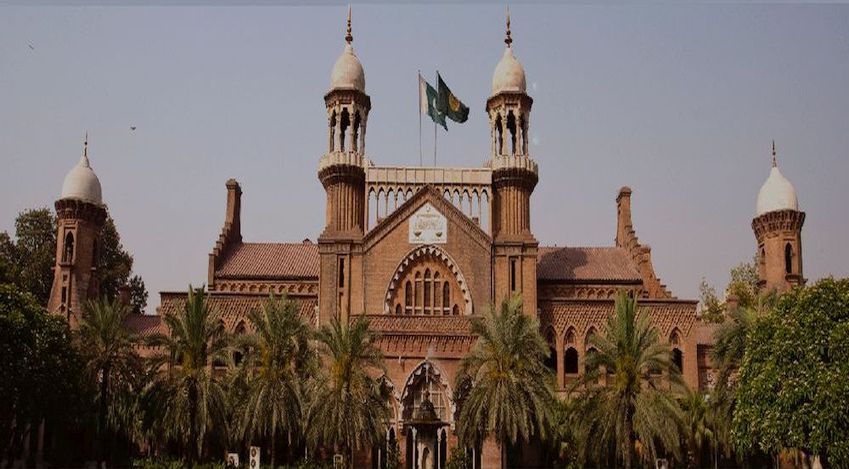Possession Alone is Insufficient to prove Ownership when Gift Deed lacked essential Legal Requirements, Proper Property Identification and attesting Witnesses --- Lahore High Court, Lahore
Islamabad 05-03-2025: In a significant ruling, the Lahore High Court has dismissed a Civil Revision Petition filed by Petitioner who claimed exclusive ownership of a property based on a disputed gift deed. The Court upheld the Additional District Judge’s decision, which had reversed the trial Court’s ruling in favor of the Petitioner.
The dispute arose when Respondent No.1 (legal heir of deceased, the alleged donor) filed multiple suits in 1999 and 2000, challenging the Petitioner’s ownership of the property. The Petitioner contended that his father had gifted the property to him in 1979, and therefore, the respondents had no legal claim over it.
A consolidated judgment by the Trial Court in 2010 ruled in favor of the Petitioner, dismissing the other claims. However, on appeal in 2012, the Additional District Judge overturned this decision, dismissing the Petitioner’s suit. The Petitioner then filed a Civil Revision Petition [CRP No. 2363 of 2012] before the Lahore High Court.
The Lahore High Court found that the alleged gift deed of 1979 did not contain essential details, such as property identification numbers (Khewat, Khasra, and Khatooni). The Court ruled that such omissions raise doubts about its validity. Rasheeda Begum Vs. Rauf Subhani (2025 CLC 47): A gift deed must contain exact property details to be legally enforceable.
The Court held that the petitioner failed to produce the required attesting witnesses, which is a mandatory requirement under Article 79 of the Qanun-e-Shahadat Order, 1984. Muhammad Boota Vs. Mst. Bano Begum (2005 SCMR 1885): Failure to produce key witnesses affects the authenticity of a document.
The Petitioner argued that he had been in long-term possession of the property and had even constructed a house on the land. However, the Court ruled that possession does not establish ownership in the absence of a valid legal transfer. Umar Gul Vs. Dr. Hafiza Akhtar (2025 SCP 23): Utility bills and possession do not establish ownership.
The Court noted that the petitioner did not personally accept the gift, and instead, a third party accepted it on his behalf. However, this individual was not produced as a witness, raising serious doubts about the legitimacy of the gift transaction. Muhammad Siddique Vs. Shah Pasand Khan (1979 SCMR 619): A gift must be accepted directly by the donee or an authorized representative.
The Lahore High Court reaffirmed the legal principle that when the Trial Court and Appellate Court decisions conflict, the Appellate Court’s ruling takes precedence, unless it is found to be arbitrary or perverse. Hakim-ud-Din Vs. Faiz Bakhsh (2007 SCMR 870): Appellate Court’s decision holds more weight unless material illegality is found.
The Court found that the Petitioner himself had earlier attested the property’s inheritance mutation in favor of all legal heirs in 1987, contradicting his later claim that the property was gifted exclusively to him. Ghulam Abbas Vs. Mohammad Shafi (2016 SCMR 1403): Failure to challenge a wrongful mutation within the limitation period weakens a party’s claim.
After reviewing the evidence, legal precedents, and arguments, the Lahore High Court dismissed the Revision Petition, ruling that:
- The alleged gift deed was invalid due to lack of essential details and supporting witnesses.
- Possession alone is insufficient to prove ownership.
- The Petitioner’s earlier attestation of inheritance and written agreement among legal heirs disproved his claim.
The judgment reinforces critical legal principles regarding the validity of gift deeds, burden of proof, and property inheritance disputes.
Powered by Froala Editor








